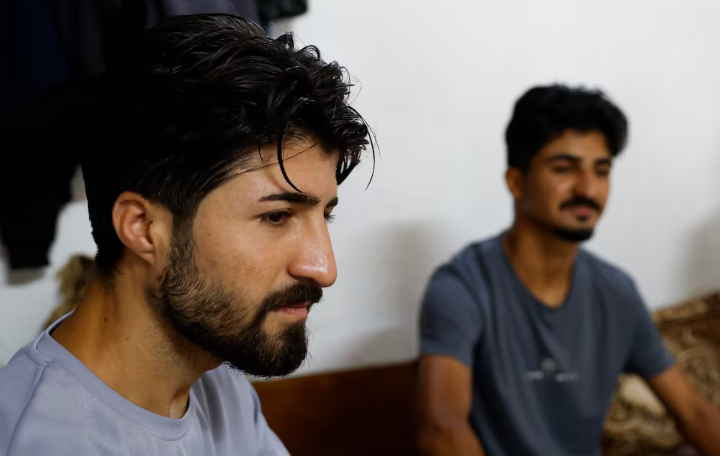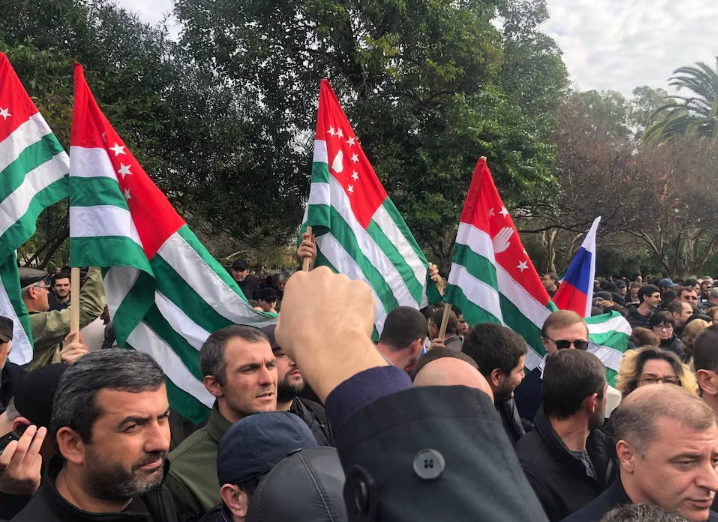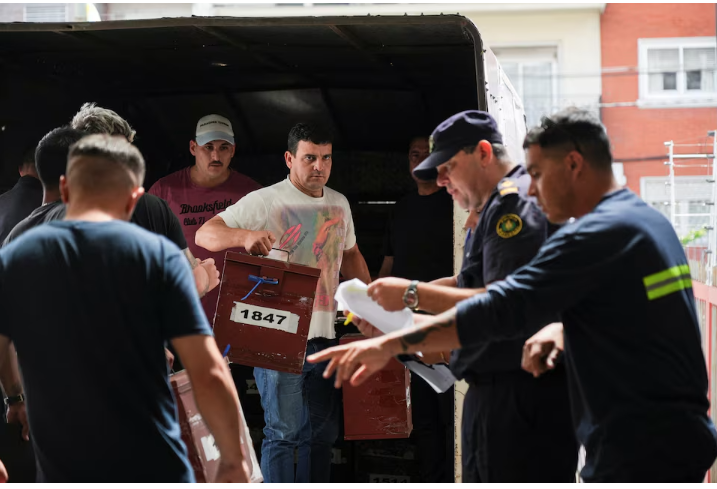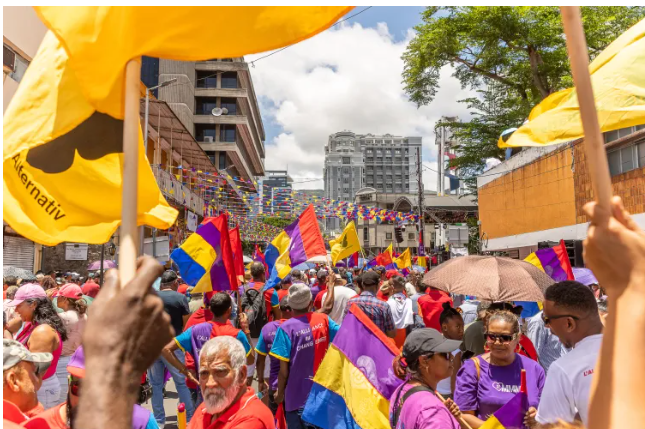Nearly a decade after the Islamic State’s 2014 assault on Iraq’s Yazidi community, around 2,600 Yazidis remain unaccounted for. Many were killed or enslaved during the extremist group’s campaign, which targeted the Yazidis' ancient faith as heretical. Survivors and activists describe a slow, painful effort to locate captives, often relying on informal rescue networks rather than governmental or international support.
Of the approximately 6,400 Yazidis abducted—most of them women and children—over half have been rescued or escaped. However, many remain trapped in difficult circumstances. Some are held in extremist-controlled areas or detention camps, while others, raised under IS indoctrination, struggle to reconnect with their origins. Cultural and legal barriers also prevent the reintegration of children fathered by IS fighters, further complicating the process.
While some progress has been made, including rescues from detention camps and smuggling networks, activists criticize insufficient coordination among Iraqi, Kurdish, and international authorities. Survivors recount harrowing experiences of captivity, indoctrination, and, in some cases, miraculous reunions with family. Yet the pain of displacement and the long shadow of IS atrocities continue to haunt the Yazidi community.





